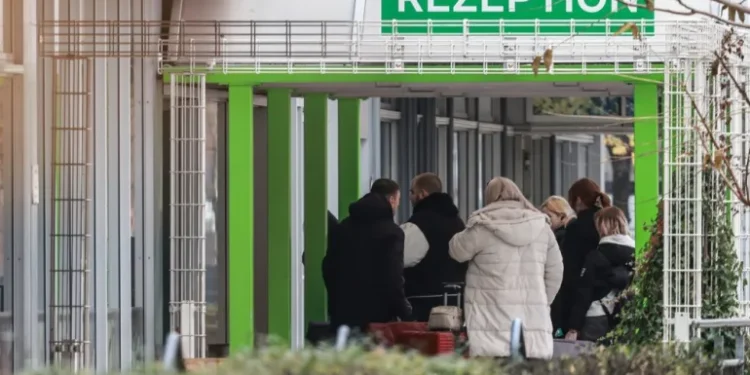Interior Minister Alexander Dobrindt announced that Germany will now refuse entry to undocumented migrants at its borders, including some asylum seekers, as part of a tougher stance on irregular migration.
On Wednesday, Dobrindt said the government has rescinded a 2015 directive that permitted undocumented third-country nationals to enter Germany. The move, he explained, is aimed at curbing irregular migration, which he described as being at unsustainable levels.
Exceptions for Vulnerable Groups
While the new policy will tighten border control, Dobrindt emphasized that vulnerable groups—such as pregnant women and children—will still be allowed entry. However, he acknowledged that turning away some asylum seekers marks a stricter approach than the previous administration.
“We are not closing the borders, but we are intensifying controls,” Dobrindt said during a press briefing in Berlin. “Stronger border checks will inevitably lead to more rejections. We plan to gradually increase these rejections.”
Police Presence to Rise at Borders
The government is also planning to bolster its border enforcement by deploying up to 3,000 additional officers, bringing the total number of border police to as many as 14,000. According to Bild, police will work extended shifts—up to 12 hours a day—to manage the expanded duties.
Andreas Rosskopf, head of the GdP police union, told the Rheinische Post that officers have already been instructed to reorganize their schedules to increase coverage at land borders.
Merz Government Acts on Election Promises
This shift comes just as Chancellor Friedrich Merz’s new administration begins its work. Merz campaigned on a hardline approach to migration, especially following a wave of violent incidents tied to foreign nationals that fueled support for the far-right.
The new coalition, which includes Merz’s Christian Democratic Union (CDU) and the Social Democrats, has also agreed to deportations to Syria, suspend family reunification programs, and reject asylum seekers at the border.
Migration Remains a Heated Topic
Germany hosts the third largest refugee population globally, with 2.5 million refugees—over one million of whom are from Ukraine. Yet public sentiment is shifting, with a growing portion of the population expressing a desire for stricter immigration controls.
Ahead of the February’s elections, immigration was one of the most polarizing issues. The far-right Alternative for Germany (AfD) party doubled its vote share amid rising public concern over migration policies.
In April, Germany paused refugee admissions through a UN program that had previously accepted individuals from countries like Turkiye, Jordan, Egypt, and Kenya. The program was part of the EU resettlement initiative introduced in 2016.









